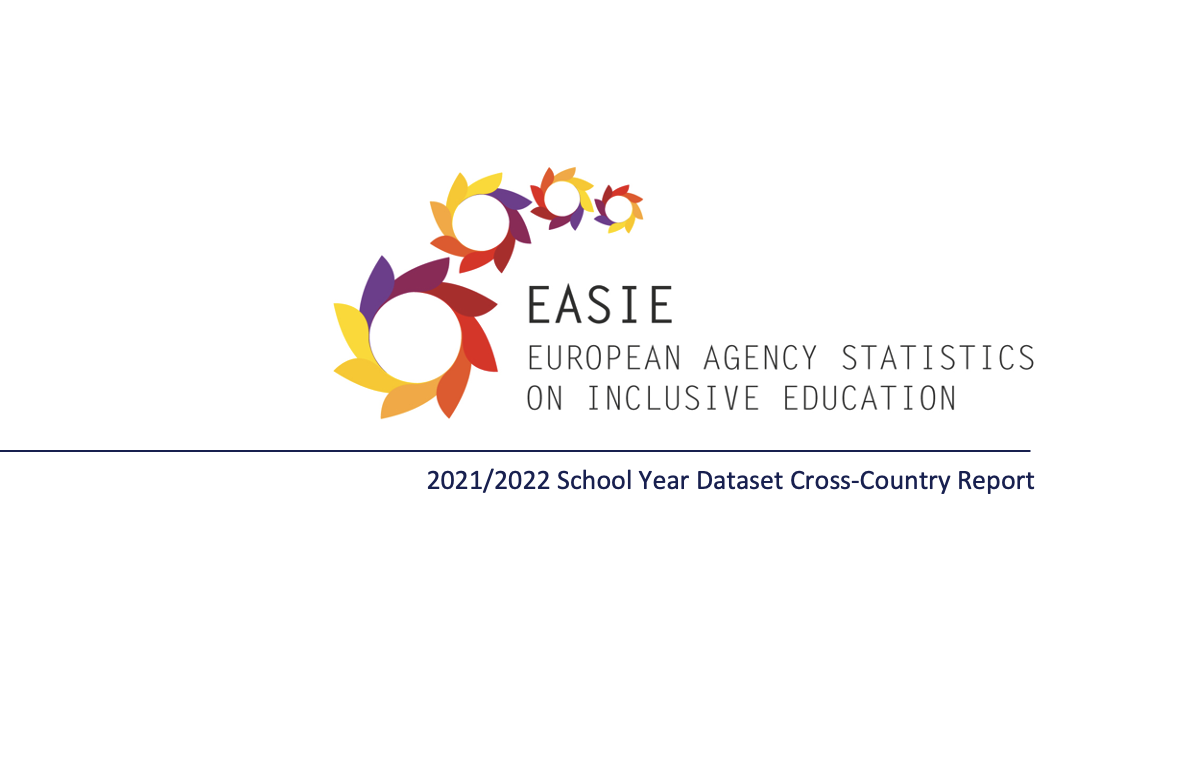The European Agency Statistics on Inclusive Education (EASIE) has published its latest dataset, offering a valuable evidence base for advancing equity and participation in education across Europe. Every year, EASNIE releases new data for all its participating member countries, helping to shape crucial country-level policies and actions.
This year’s dataset reflects contributions from a record 35 EASNIE member countries and jurisdictions. The data covers the 2022/2023 school year and is aligned with international frameworks and priorities set by bodies such as the Council of the European Union and UNESCO.
The data is organised into two tables. Table 1 presents information on learners’ access to and placement in education, distinguishing between inclusive educational environments and other settings. Table 2 focuses on learners with an official decision of special educational needs. Accompanying qualitative background information from each country offers essential context for interpreting the data in light of policy, legal, and system-level factors.
In addition, country-level reports are available via the ‘View Country Report’ button on each country’s data page, highlighting indicators such as enrolment and identification rates. The Guide to the EASIE data tables and country background information defines key terms and outlines the data collection methods.
EASNIE is set to refine its data collection approach next year. The revised format will provide more focused data, further supporting member countries in the on-going development of their inclusive education systems.
Explore the full dataset and country-specific insights on the Data tables and background information page.

